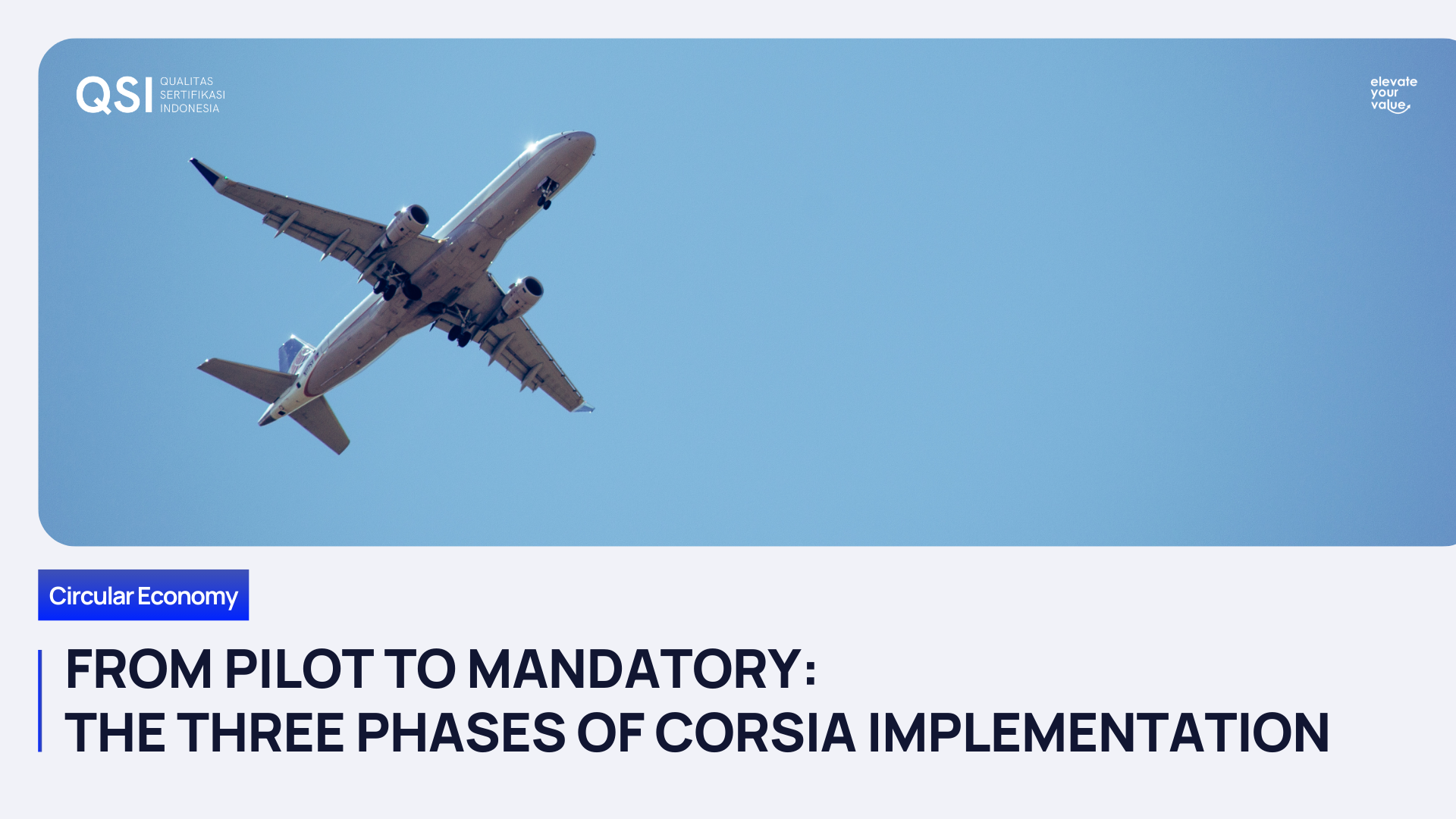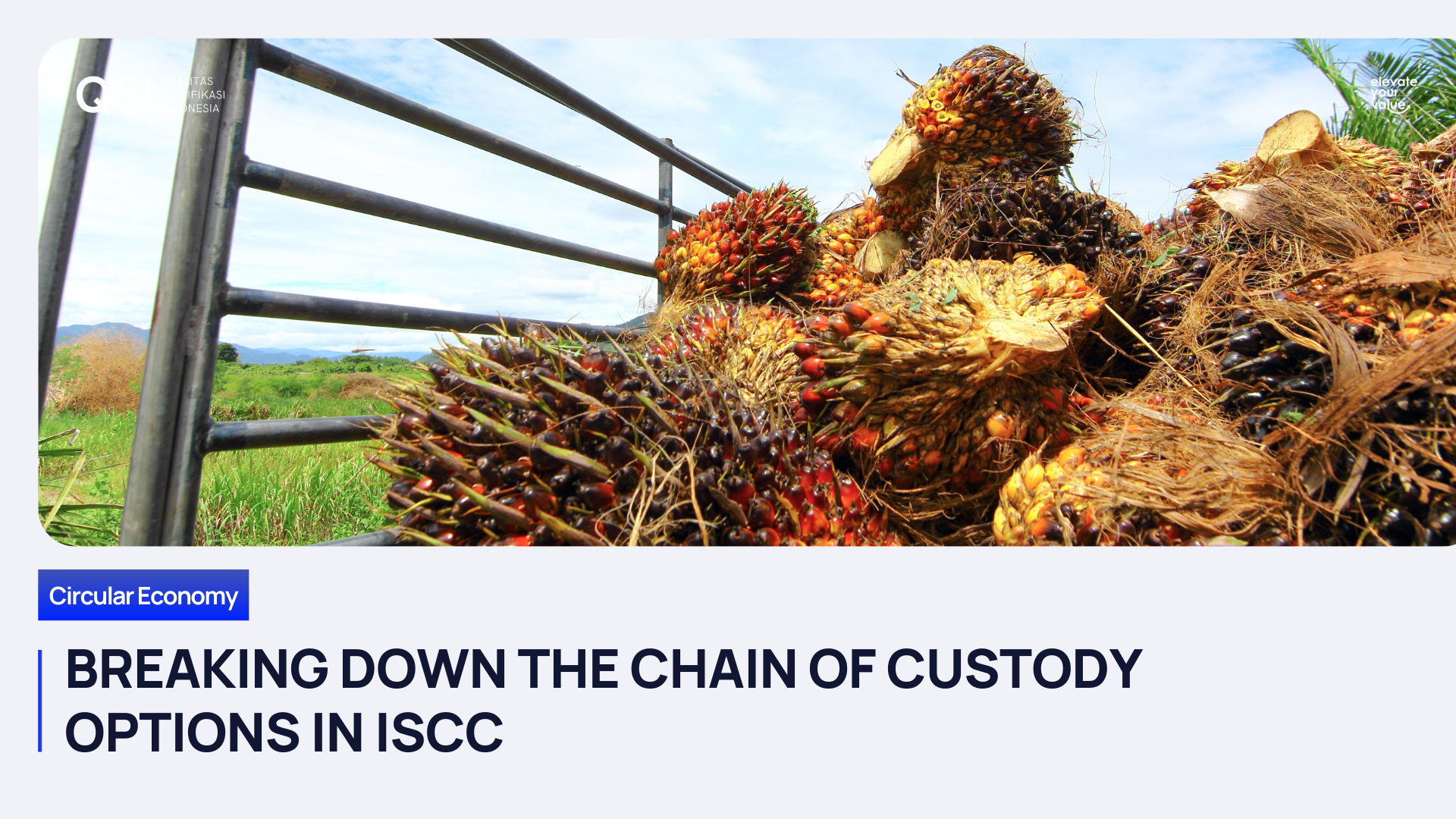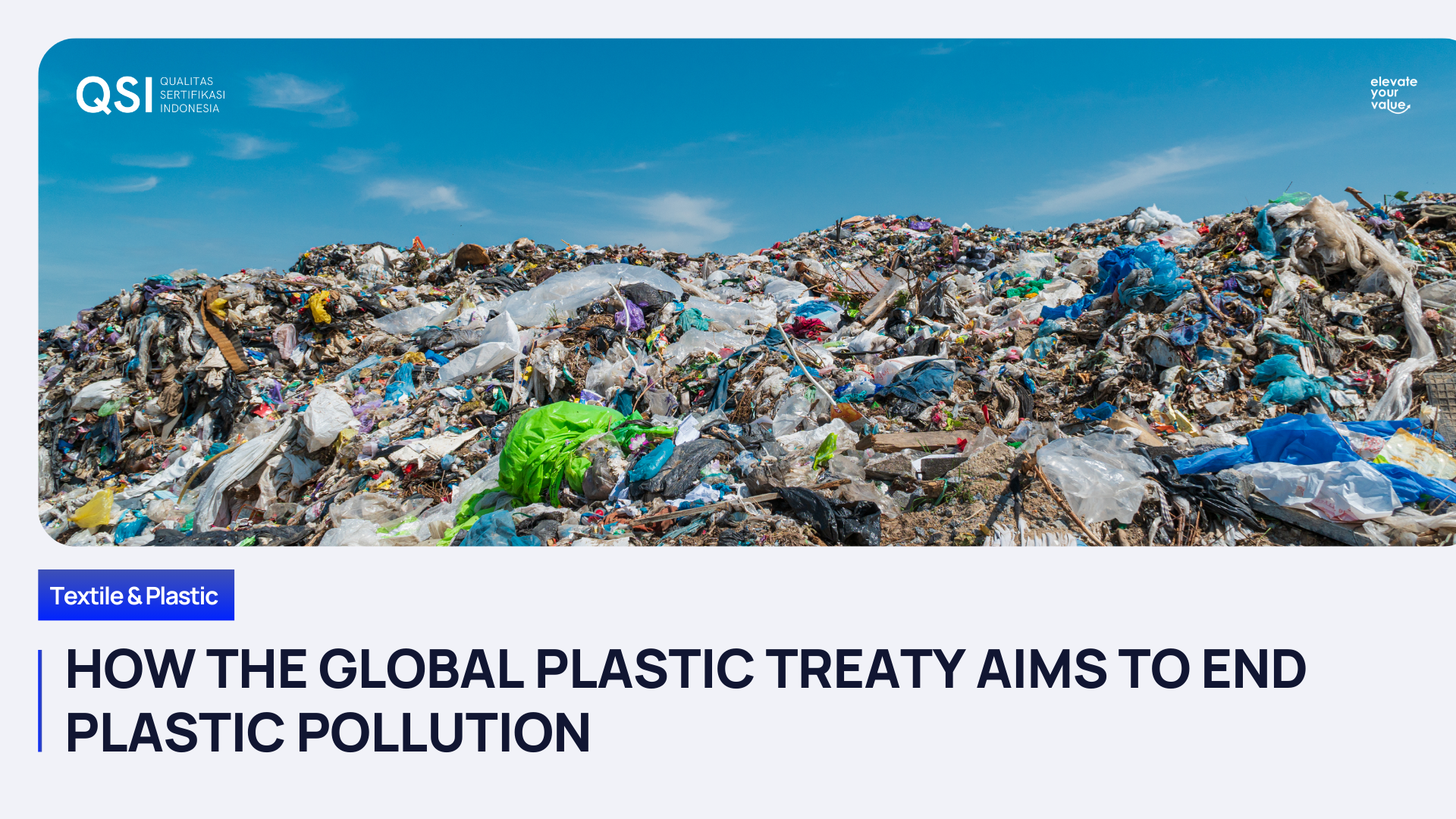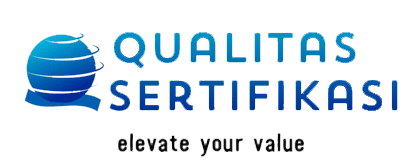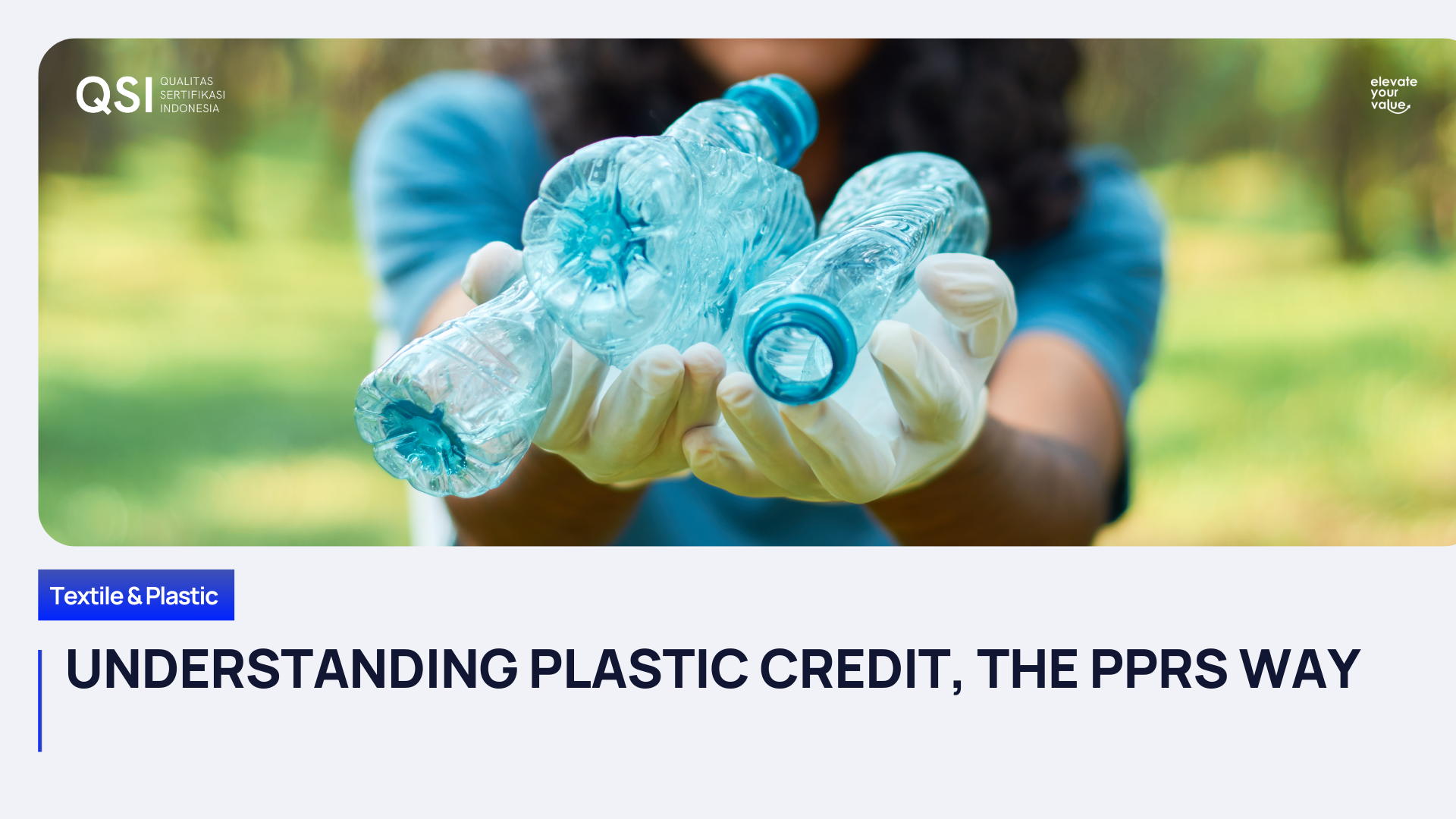The Indonesian Youth Pledge: A New Generation of Leaders for Environmental Sustainability
The Indonesian Youth Pledge, also known as the Sumpah Pemuda, is a significant part of Indonesia's history. It started back in 1928 when young Indonesian nationalists pledged to work together for their country's independence. Today, a new generation of young Indonesians is carrying on that legacy, but with a twist. They're not just fighting for freedom, they're also fighting for the survival of the beloved Earth. This modern commitment to environmental stewardship resonates with the core principles of the original pledge from 1928, emphasizing unity and shared values.
Remembering the Past
The Indonesian Youth Pledge of 1928 was all about unity and determination to free the country from Dutch colonial rule. It had five principles: national identity, one motherland, one nation, one language, one flag, and one homeland. These principles are still important today, reminding us of the need for unity and shared values.
But as Indonesia gained its independence, it also inherited a responsibility to protect its natural beauty. This is where the new generation steps in. They are passionate about environmental issues like climate change, deforestation, and plastic pollution.
The New Pioneers of Sustainability
Today, these young Indonesians are stepping up to protect the environment. They feel a strong duty to safeguard this country's rich natural heritage.
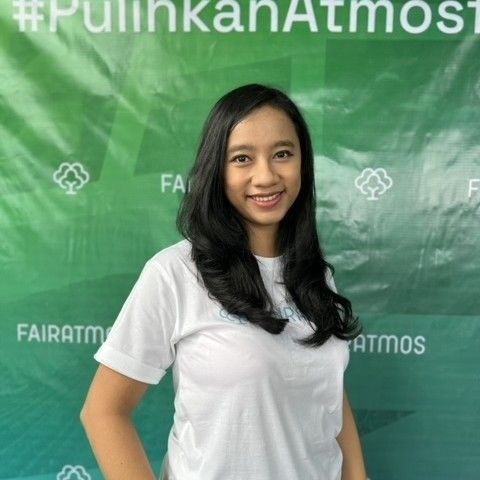
Natalia Rialucky Marsudi - Fairatmos
Natalia Rialucky Marsudi is the Founder and CEO of Fairatmos, a climate technology company that is helping businesses and organizations offset their carbon emissions in a fair and equitable way. The company's mission is to make carbon offsetting accessible to everyone and to ensure that the benefits of carbon projects are shared equitably with local communities.
Fairatmos uses a variety of methods to ensure that its carbon projects are high-quality and socially beneficial. The company uses high-precision remote sensing and deep-learning automation tools to monitor project integrity in real time. It also works with local communities to ensure that they are benefiting from carbon projects and that their voices are heard.

Dwi Sasetyaningtyas - Sustaination
Dwi Sasetyaningtyas is the Founder and CEO of Sustaination. It is a sustainable online store that sells eco-friendly products, such as reusable menstrual cups, bamboo toothbrushes, and organic cotton pads. They also sell sustainable gift hampers.
Sustaination's mission is to make sustainable living more accessible and affordable for everyone. They believe that everyone has a role to play in protecting the environment, and they want to make it easy for people to make sustainable choices in their everyday lives.
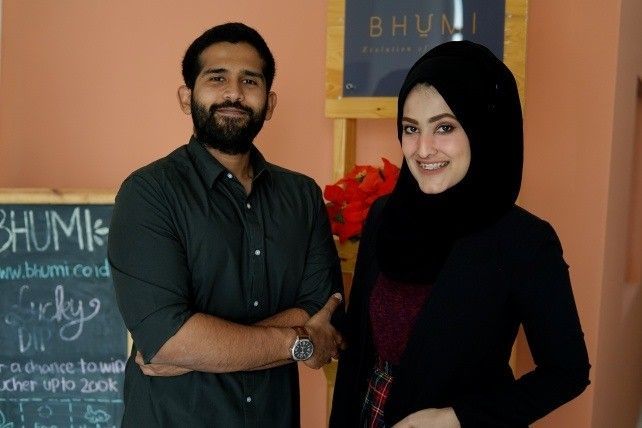
Rizkia Rashed and Ahmad Rashed - BHUMI Skincare
BHUMI Skincare is a sustainable skincare brand from Indonesia that was founded in 2017 by brother and sister Rizkia Rashed and Ahmad Rashed.
They are committed to using sustainable practices throughout its entire supply chain. The brand sources its ingredients from sustainable farms and manufacturers. Bhumi Skincare also uses recyclable and compostable packaging.
The Indonesian Youth Pledge of 1928, with its emphasis on unity and national identity, is a backdrop to the young figures advocating for environmental sustainability today. Just as the original pledge aimed to unite the nation, today's pledge by Indonesian youth is to protect the environment for future generations. This shows that caring for the environment is connected to the identity and future of Indonesia.
These young leaders are not alone. Many young Indonesians are joining the fight for sustainability. They support renewable energy, reforestation, sustainable agriculture, and responsible consumption. They share the same unity and determination as those who fought for independence and are determined to secure a sustainable future for Indonesia.
Recent posts
Drop us a line
Contact Us
Share
